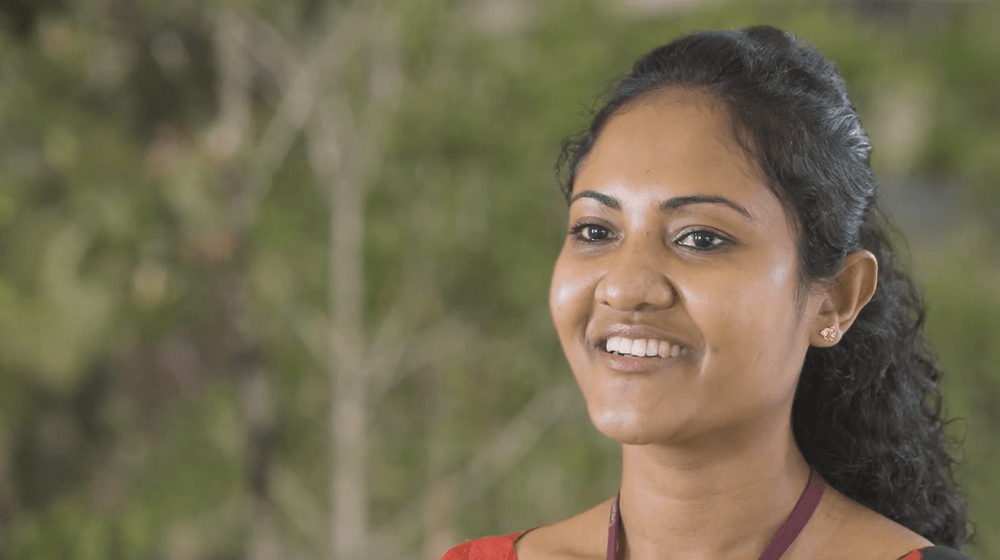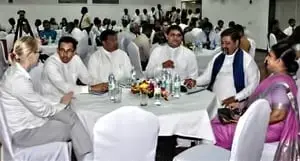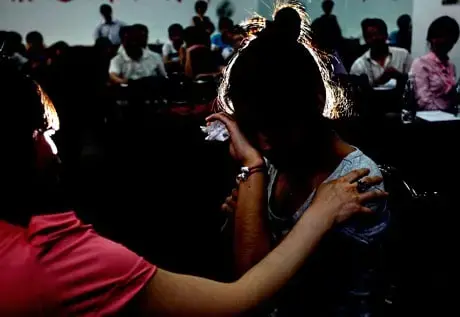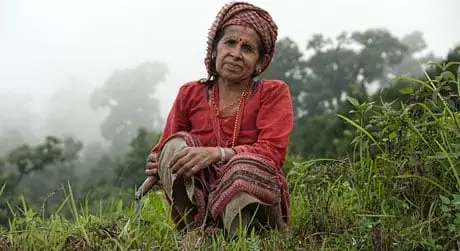The lady was around 50 years of age. She got married when she was about 25. Throughout her marriage, she had faced so much violence from her husband in every possible way, both sexually and mentally. When we met her, although it was about two years since her husband had died, she had no one to share what she had endured all those years. She cried while sharing her entire ordeal with me.”
As an enumerator for Sri Lanka’s first national violence against women (VAW) prevalence survey, Udani Elpitiya heard countless painful stories like this when she went door-to-door interviewing women in their homes, ensuring that women can speak safely and privately without being overheard by others, including family members.
In a context like Sri Lanka, where discussing gender-based violence is culturally taboo, many of the statistical officers and survey enumerators initially had their doubts about the survey. Was it suitable to ask women these questions? Would doing so create issues in the field?
To address these concerns, and to ensure effective and ethical results, the survey team participated in extensive training. The sessions built enumerators’ understanding of gender-based violence, and developed their interview skills to help women feel comfortable opening up. The training also equipped them with tools and skills to ensure participants’ safety and confidentiality of the data collected.
Enumerators found that women wanted to share their stories - and doing so provided a means of relief to feelings they had bottled up for years. Udani observed this firsthand when talking with the woman who had endured her husband’s violence for 25 years.
When I was about to leave, she got down on her knees and thanked me. Since she had no one to share her experience with, she had felt so relieved to share it with me, at least. That was truly an unforgettable experience for me.”
In Sri Lanka, bowing down to someone is done out of pure respect and almost always to someone who is older - to parents, grandparents, teachers, etc. However, this was an instance of a woman bowing down to someone almost half her age. A sign of true respect and gratitude for listening to her pain and heartache - something she endured in silence for decades.
This journey of Udani and the other enumerators resulted in Sri Lanka’s first ever-survey to study the prevelance of violence against women and girls in 2019, with a focus on intimate partner violence. Known as the Women’s Wellbeing Survey, it covered all 25 districts in Sri Lanka and interviewed more than 2,200 women, ages 15 and above. The survey findings showed that one in five women in Sri Lanka have experienced physical and/or sexual violence by an intimate partner in their lifetime.
The survey was carried out by the Department of Census and Statistics of Sri Lanka with technical assistance from the United Nations Population Fund (UNFPA) in Sri Lanka and with funding from the Government of Canada.
Technical support was also provided by UNFPA’s regional kNOwVAWdata initiative, funded by the Australian Government Department of Foreign Affairs and Trade (DFAT).
For a behind-the-scenes look at the process of conducting the Women’s Wellbeing Survey, please see this multimedia story: https://knowvawdata.com/stories/behind-the-scenes





